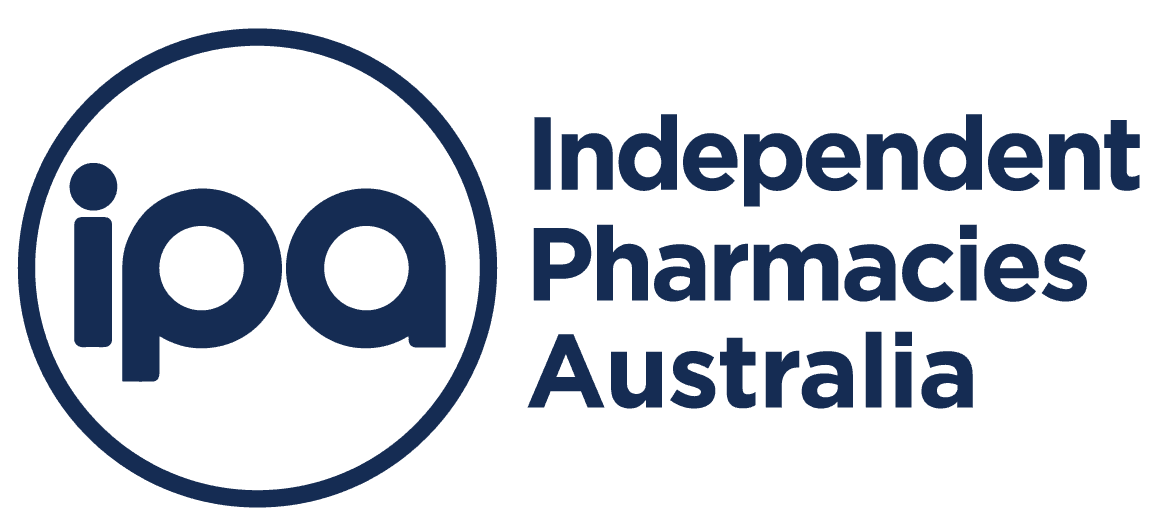Cold Sores
Symptoms
The initial sign of an emerging cold sore is a tingling, itching or burning feeling occurring on the lip, nose or cheek area.
A small red bump appears after about one or two days, which turns into several tiny fluid-filled blisters. If the blisters burst, the fluid that oozes out is highly contagious. Symptoms of cold sores can last up to a
week.
Some people who have the infection for the first time may also experience:
- fever and headache
- tiredness and aching muscles
- sore throat and painful gums
- pain along the nerves in the face.
Cold sores will usually heal by themselves in 7–10 days, but can take several weeks.
Some people get cold sores frequently. Recurrences can often appear at the same site of a previously infected area.
You should see a doctor if:
- a cold sore spreads widely on the face, or does not heal after a couple of weeks
- cold sores occur >3 or 4 times a year
- sores appear in the genital area
- you have a weakened immune system due to a medical condition or medicines.
Causes
Cold sores are caused by a virus called herpes simplex 1 (HSV-1) which is related to the virus that causes genital herpes. These viruses cause infection in your mouth or genital areas and can be spread by contact such as kissing or touching another person’s cold sore. The cold sore virus is not the same one that causes shingles or chicken pox.
Once you are exposed to these infections, they stay with you for life, with the virus dormant (asleep) in the nerves until triggered. The most common triggers for cold sores are:
- prolonged exposure to strong sunlight, wind
- stress and being tired or run down
- colds or viral infections that cause fever
- hormonal changes in the body (e.g. menstruation for women).
Lifestyle options
You can help to manage cold sores by:
- avoiding personal contact like kissing or oral sex if you have a cold sore
- avoiding touching a cold sore unless applying a treatment. Always wash your hands after touching a cold sore
- minimising the spread of infection by avoiding breaking the blister
- avoiding sharing items such as eating utensils, towels, lipstick, or shaving items
- applying makeup using disposable cotton tips or make up pads when you have a cold sore
- applying an ice pack or cool gel to relieve pain
- wearing sunscreen and a wide brimmed hat when outdoors
- eating plenty of fruits and vegetables and exercising regularly to maintain a healthy immune system
- learning to identify and manage stress by getting adequate sleep, practice meditation or other relaxation techniques.
Pharmacy options
Always inform pharmacy staff if you are taking any other medicines, or if you have any other health conditions, because some over-the-counter medicines may not be suitable for you.
There are several pharmacy options to relieve the symptoms of cold sores.
Anti-viral medicines can help ease the symptoms of cold sores and hasten healing. They are best used when the very first symptoms occur (in other words as soon as the tingling, itching or burning feeling starts). They are available as creams or tablets.
Anti-inflammatory medicines may reduce the redness and aid healing
Some combination products contain an anti-viral and an anti-inflammatory medicine (such as hydrocortisone).
Special Patches can be applied to seal the cold sore, provide an ideal environment and speed healing.
Other medicines that may also help symptoms and healing time are lysine (an amino acid), available as tablets or cream, or propolis cream (beeswax).
Ask your pharmacist for advice on the most suitable treatment for you.


